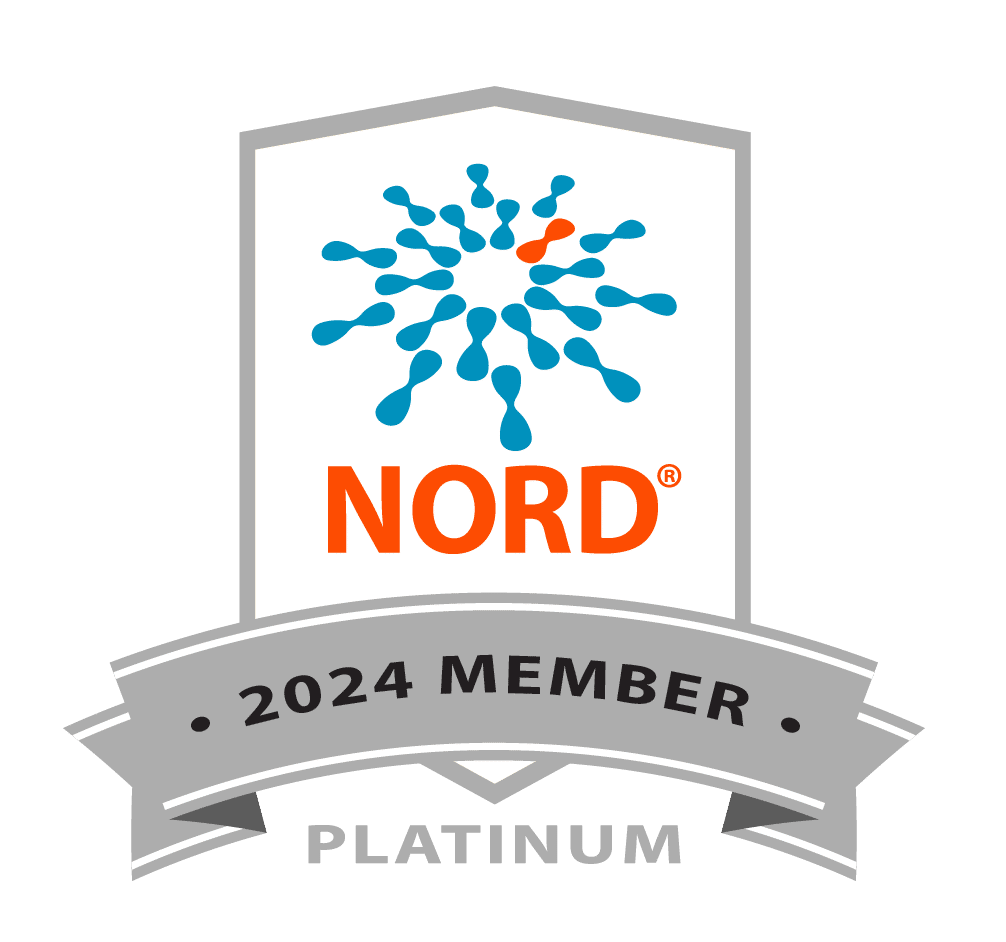COVID-19 continues to present a prolonged, global public health emergency, but PPTA remains steadfastly committed to its mission to promote the availability of — and access to — safe and effective plasma protein therapies for all patients. PPTA member companies operate more than 1,000 Source plasma donation centers in the U.S. and four countries in the European Union and manufacture plasma-derived therapies that treat patients with serious, rare, and often genetic diseases and disorders, including: primary immune deficiencies, bleeding disorders, Alpha-1 Antitrypsin deficiency, hereditary angioedema, and certain neurological conditions. These conditions are often only treated with therapies produced from plasma.
There is an urgent need for plasma donations. Reports vary, but plasma collectors experienced significant declines in collections due, in part, to the impacts of social distancing measures and other mobility restrictions caused by the COVID-19 pandemic.2 Considering the complex manufacturing of plasma-derived therapies can take 7-12 months, any decline in plasma donations could impact patients’ ability to access their lifesaving therapies.3,4. This sharp decline in plasma collections currently being experienced could cause more significant challenges in the months to come.
The COVID-19 pandemic has shed a light on certain barriers with the potential to impact patient access to plasma-derived therapies. PPTA continues to appeal to authorities in the U.S. to address the barriers that impede the private sector’s ability to collect plasma in certain states, and in Europe, we repeat our call for the coexistence of the private sector with the public sector to collect more plasma. These common-sense updates can be accomplished with no impact on the safety of donors or on the finished products. The same urgency for patients suffering from COVID-19 exists for those with chronic and rare diseases whose lives depend on plasma-derived therapies.
Perhaps most importantly, we continue to raise awareness with the public of the urgent need for plasma donations, and we repeat our appeals throughout our networks and via traditional and social media for all healthy, eligible adults to donate plasma.
Ultimately, plasma donors save lives, and plasma donation remains safe and easy. PPTA looks forward to working in partnership with local, national, and international authorities, as well as with patient stakeholder groups, to amplify our collective voices to call greater attention to the need for plasma donation. Plasma donors’ dedication is more important and essential now than ever before. The need is now. Please visit www.donatingplasma.org to find a center near you.
[1] Cherney, Mike. “Coronavirus Pandemic Slashes Donations of Lifesaving Plasma.” Wall Street Journal, August 19, 2020.
[2] U.S. Department of Health and Human Services, Food and Drug Administration, Center for Biologics Evaluation and Research. (2020, April). Alternative Procedures for Blood and Blood Components During the COVID-19 Public Health Emergency; Guidance for Industry.
[3] Hartmann J, Klein HG, “Supply and demand for plasma-derived medicinal products – A critical reassessment amid the COVID-19 pandemic.” Transfusion. 2020 Aug 28:10.1111/trf.16078. doi: 10.1111/trf.16078.
[4] Prevot J, Jolles S, “Global immunoglobulin supply: steaming toward the iceberg?” Curr Opin Allergy Clin Immunol. 2020, 20:000–000 DOI:10.1097/ACI.0000000000000696
Revised November 4, 2020











